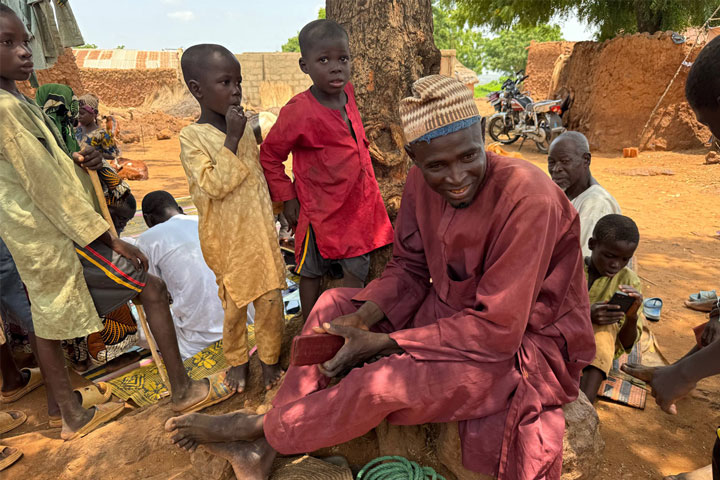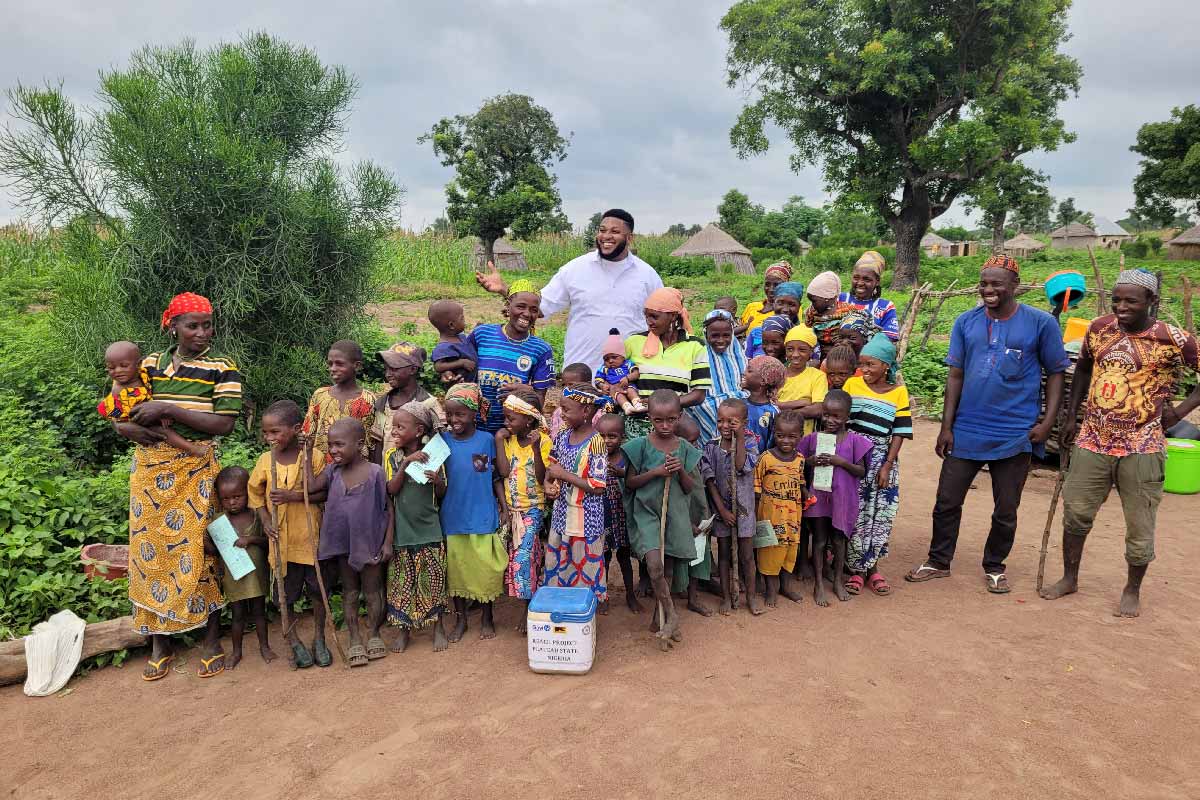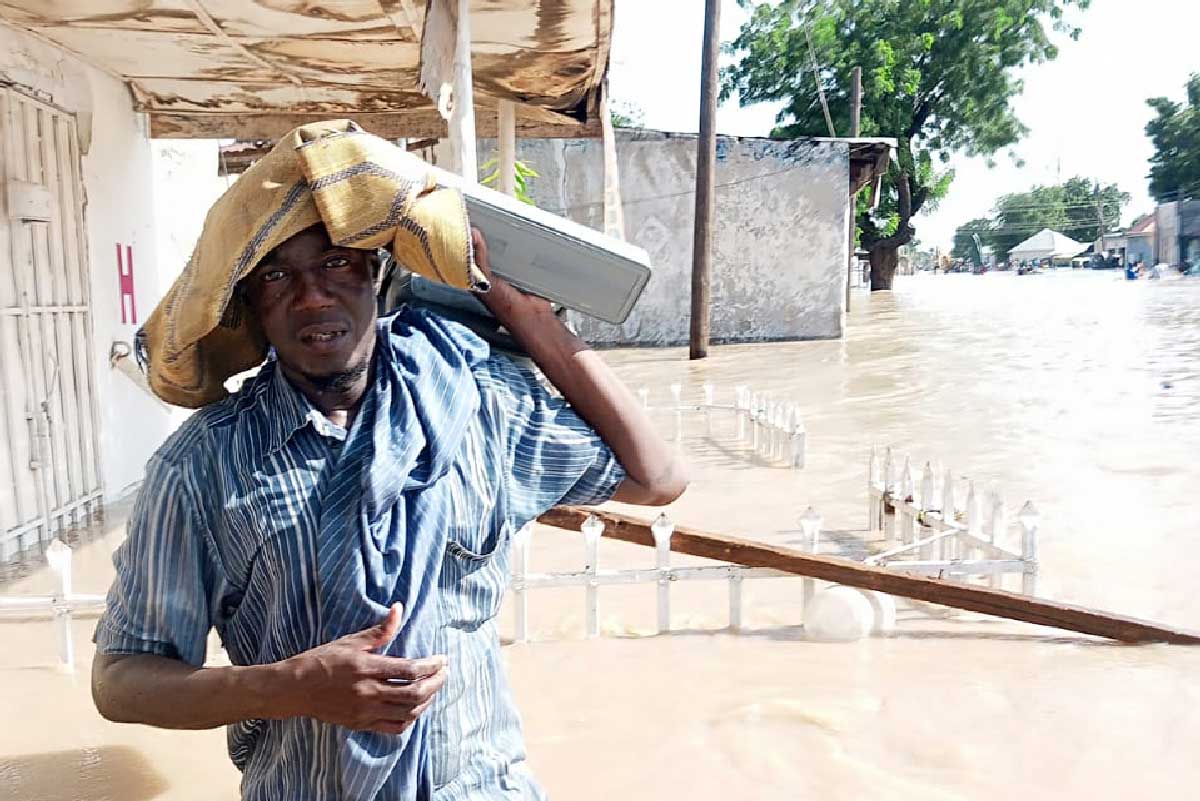In an embattled part of Borno state, this faith-based clinic is one of just three still standing
Not even bomb-blasts have managed to shut the doors of COCIN Molai Clinic.
- 29 September 2025
- 4 min read
- by Christian Health Association of Nigeria (CHAN)
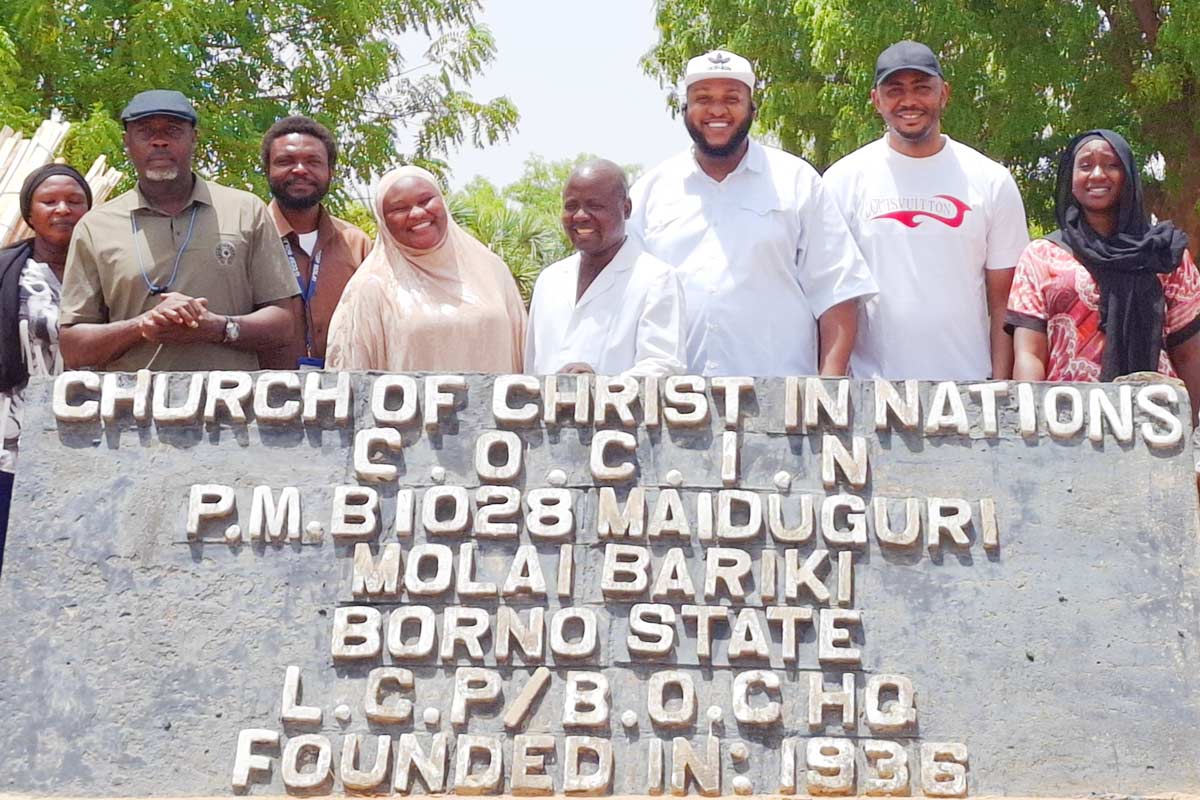
On the evening of 22 May 2025, a suspected Organised Armed Group (OAG) attempted to infiltrate Maiduguri. Just five kilometres from the COCIN Molai Clinic, military forces spotted the approaching OAG fighters and responded with artillery to repel them.
Fortunately, the attack was unsuccessful – but it wasn’t the first of its kind, and it wasn’t the last.
The threats posed by ongoing violence and insecurity in north-east Nigeria have taken a toll on healthcare systems in this region. Until the threat from insurgency intensified in around 2010, the Christian Health Association of Nigeria (CHAN) oversaw more than 700 member institutions (MIs), which are church-owned health facilities registered across all 36 states and the Federal Capital Territory. However, the persistent insecurity driven by OAGs has destroyed many clinics, reducing the number of active CHAN member institutions to around 500.
Despite the dangers, COCIN Molai Clinic is one of that 500: still open, still operating, steadfast in its mission to serve the community.
A beacon
Founded in 1936, Molai Clinic is one of the oldest and most trusted faith-based health facilities in Borno State. Located in Galtimari ward, Jere Local Government Area (LGA), it has served the community for nearly 90 years.
While insurgency has destroyed 11 other faith-based clinics in the state, Molai is among only three still fully operational.
Still, it’s far from unscathed. Othniel Yusuf, the clinic’s deputy coordinator, shared the devastating impact of violence. Parts of the hospital, including the theatre used for eye surgeries, have been severely damaged due to a bomb blast that struck the facility. The facility is now beginning to rebuild and restore full services.
The bombings affected not only the infrastructure but also the dedicated staff. Haruna Peter, a committed team member who is still recovering from injuries, continues to come to work daily, determined to serve the community.
Though a Christian facility, about 98%of Molai Clinic’s patients are Muslim, a testament to the deep trust built over many years. Mothers bring their children here because they rely on the quality of care and compassion offered. On a typical day, the clinic sees around 80 patients, but during theatre week, when surgeries are performed, more than 300 people seek treatment.
“They love coming here, because of the quality of services being rendered here and trust built in 90 years,” says Yusuf.
Have you read?
Uphill battle
The clinic’s resilience is bolstered by support from CHAN and its partners.
CHAN is implementing the Reaching Every Child in Humanitarian Settings (REACH) project across four states in Nigeria. REACH is a multi-country programme run by a consortium of specialist organisations led by the International Rescue Committee (IRC) and funded by Gavi, the Vaccine Alliance. The project aims to provide full immunisation for children under five years in humanitarian settings.
The COCIN Health Facility in Molai is one of about 80 health facilities that are crucial to CHAN’s work as part of REACH.
While insurgency has destroyed 11 other faith-based clinics in the state, Molai is among only three still fully operational.
That work does not just take place on the embattled health clinic campus. Molai Clinic also operates an outreach team that vaccinates children in the nearby communities that are contending with humanitarian crisis, and educates families on preventing infectious vaccine-preventable diseases.
Keeping that work going is an uphill battle. Clinic staff face challenges such as unreliable electricity and limited cold chain equipment, which can threaten the potency of valuable vaccine stocks. For thousands of children in the area, having access to vaccines can mean the difference between life and death.
Despite the hardships, that difference is being made at scale. Between March 2023 and August 2025, CHAN, as part of REACH, has administered more than 3.5 million doses of vaccines in areas facing humanitarian crisis across four Nigerian states. In Borno state alone, about just under 600,000 doses of vaccines have been administered to infants and children.
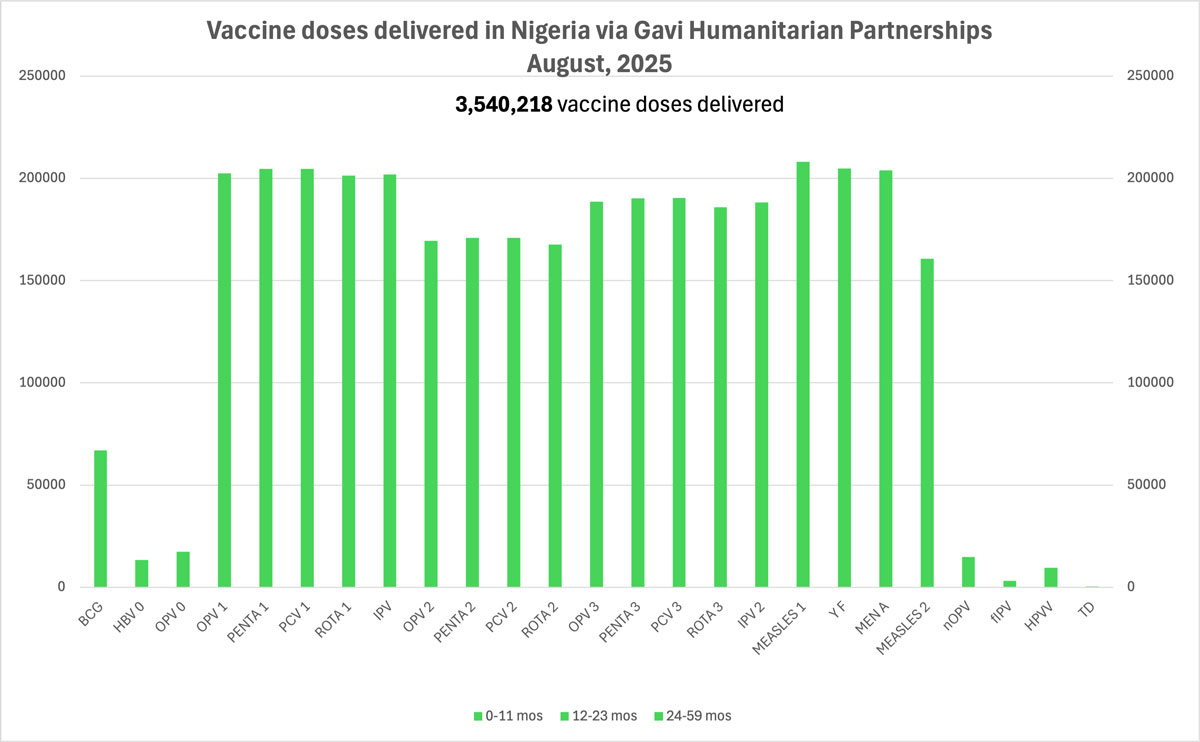
How is Gavi supporting CHAN?
Gavi’s humanitarian partnerships programme, also known as ZIP, funds partner organisations with specific expertise in navigating humanitarian crisis. The aim? To deliver all scheduled vaccine doses to children from birth to age five in communities where conflict impedes the access of government-provided health services.
CHAN, operating in troubled parts of northern Nigeria, is one such specialist organisation, and is operating as part of the IRC-led, ZIP-funded, REACH consortium.
As of July 2025, ZIP had provided more than 2.1 million children growing up in crisis zones with their very first vaccine, and 1 million children with their last recommended dose, leaving them fully immunised.
